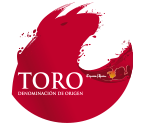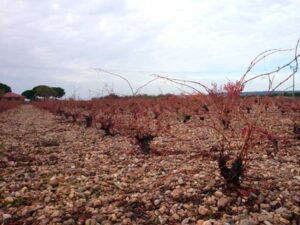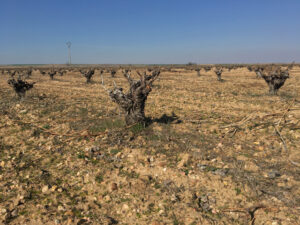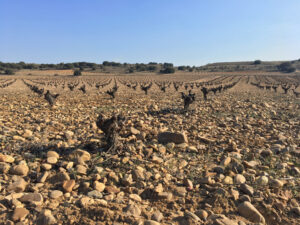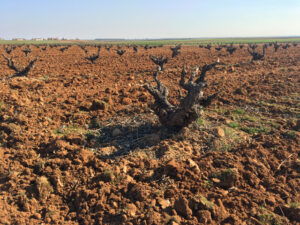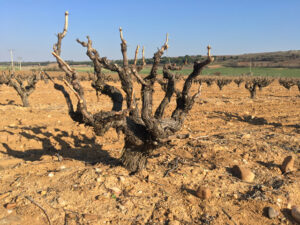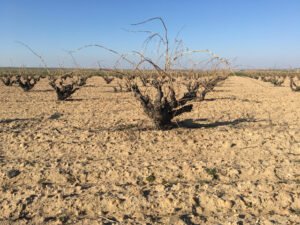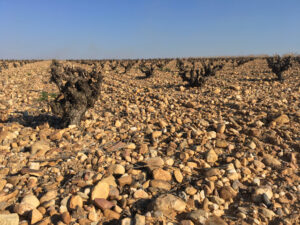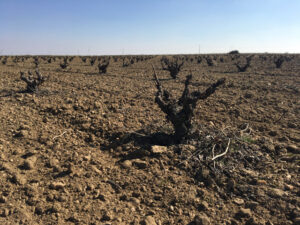ZAMORA · VALLADOLID
Location
The production area of the wines protected by D.O. Toro is located southeast of the province of Zamora and southwest of the province of Valladolid, at the western end of the Castilla y León region. It includes part of the Tierra del Vino, Valle del Guareña and Tierra de Toro districts and borders the plateaus of Tierra del Pan and Tierra de Campos.
The total area of the region encompassing D.O. Toro is 62,000 hectares. The area dedicated to vineyards is 8,000 hectares, of which 5,418 are registered with the Regulatory Board, belonging to 981 registered winegrowers.
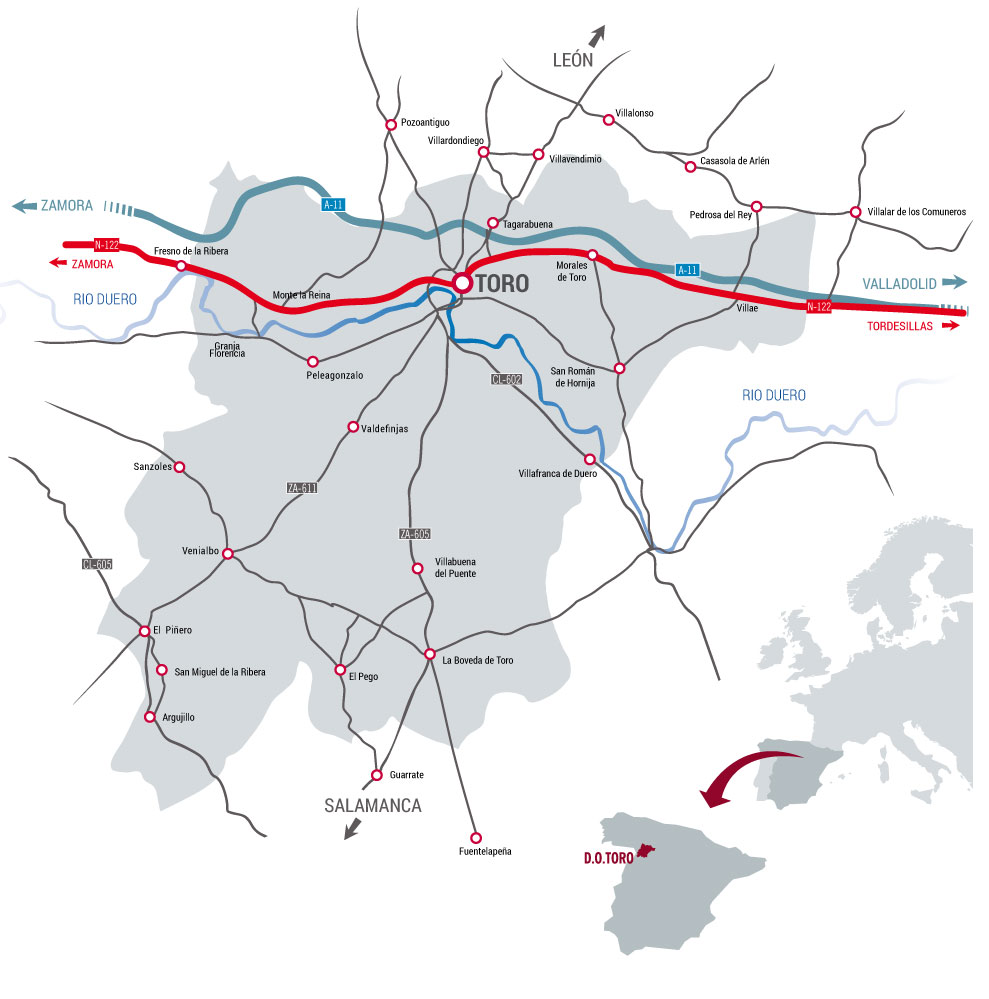
TOWNS
Zamora
- Argujillo
- Bóveda de Toro
- Morales de Toro
- El Pego
- Peleagonzalo
- El Piñero
- San Miguel de la Ribera
- Sanzoles
- Toro
- Valdefinjas
- Venialbo
- Villabuena del Puente
Valladolid
- Villafranca de Duero
- San Román de Hornija
- Pedrosa del Rey: Pago de Villaester de Arriba and Pago de Villaester de Abajo
Continental climate
The climate
The region of this Designation of Origin is characterised by a semi-arid and extreme continental climate with Atlantic influences of an arid nature.
RAINFALL: 350-400 mm per year
AVERAGE ANNUALTEMP.: 12-13 °C (from -11 to 37 °C)
ACTUAL HOURS OF SUNSHINE: 2,600 (up to 3,000)
HELIOTHERMAL INDEX: 4.23
VEGETATIVE CYCLE OF THE VINE: 230 days (approx.)
All these climatic conditions, the extreme cold in the winter, large number of hours of sunshine, etc., result in grapes of exceptional quality, which is essential for the production of good wines.
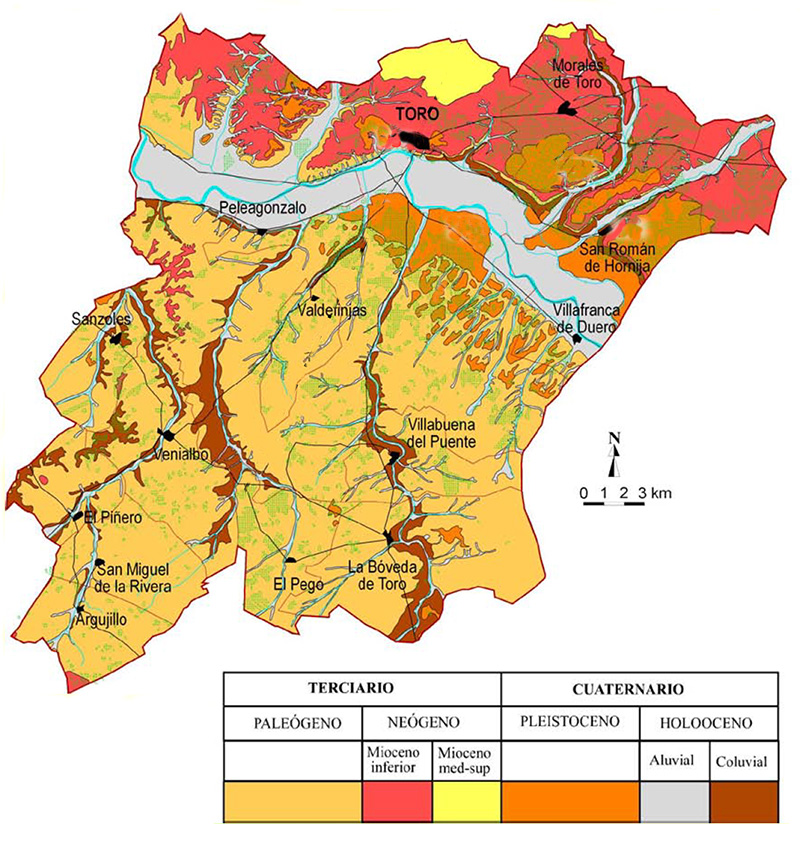
SOIL CHARACTERISTICS
Geomorphology
The soil is made up of sediments of sandstone, clay and Pliocene limestone conglomerate, which on the surface give rise to brown limestone soils on unconsolidated materials. They range from silty materials to coarse and fine-grained sandstone with levels of limestone and detritic loam formed during the Miocene.
The vineyards grow at an altitude of 620 m to 870 m in soils from the Tertiary and Quaternary Era.
WINES WITH TRADITION
Journey through our history
A journey that began before the Romans and continues in our time.
